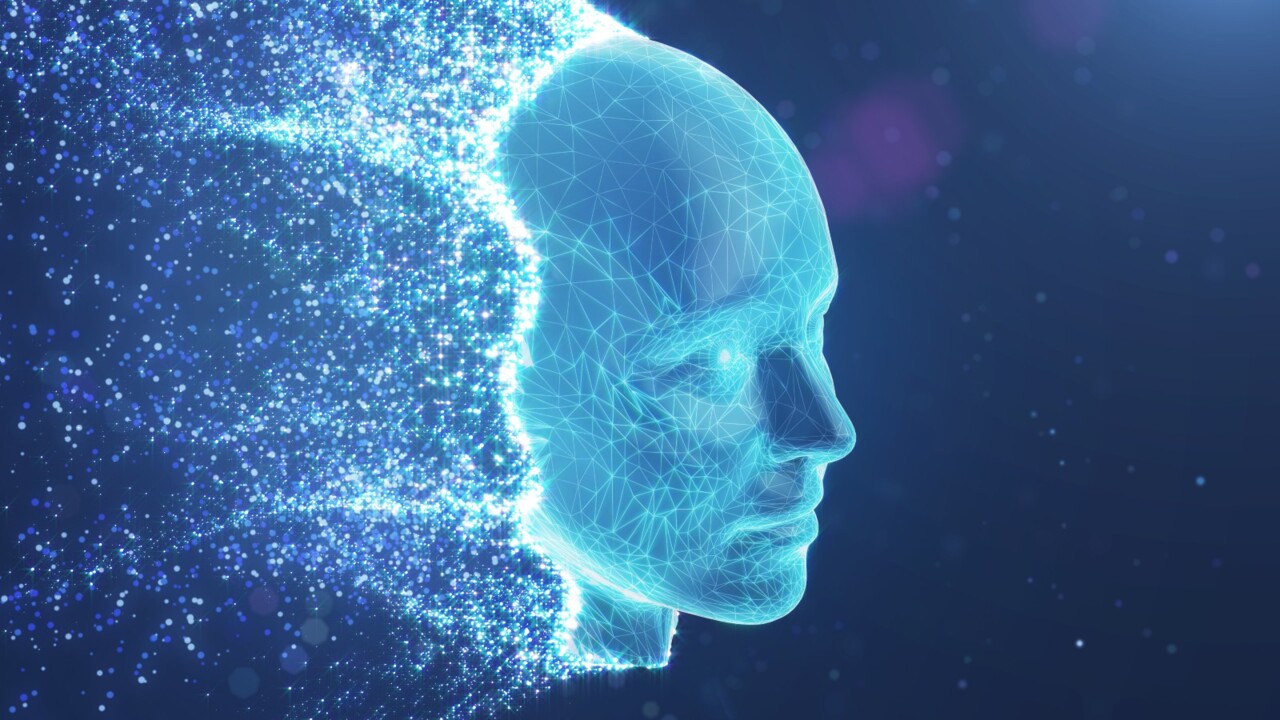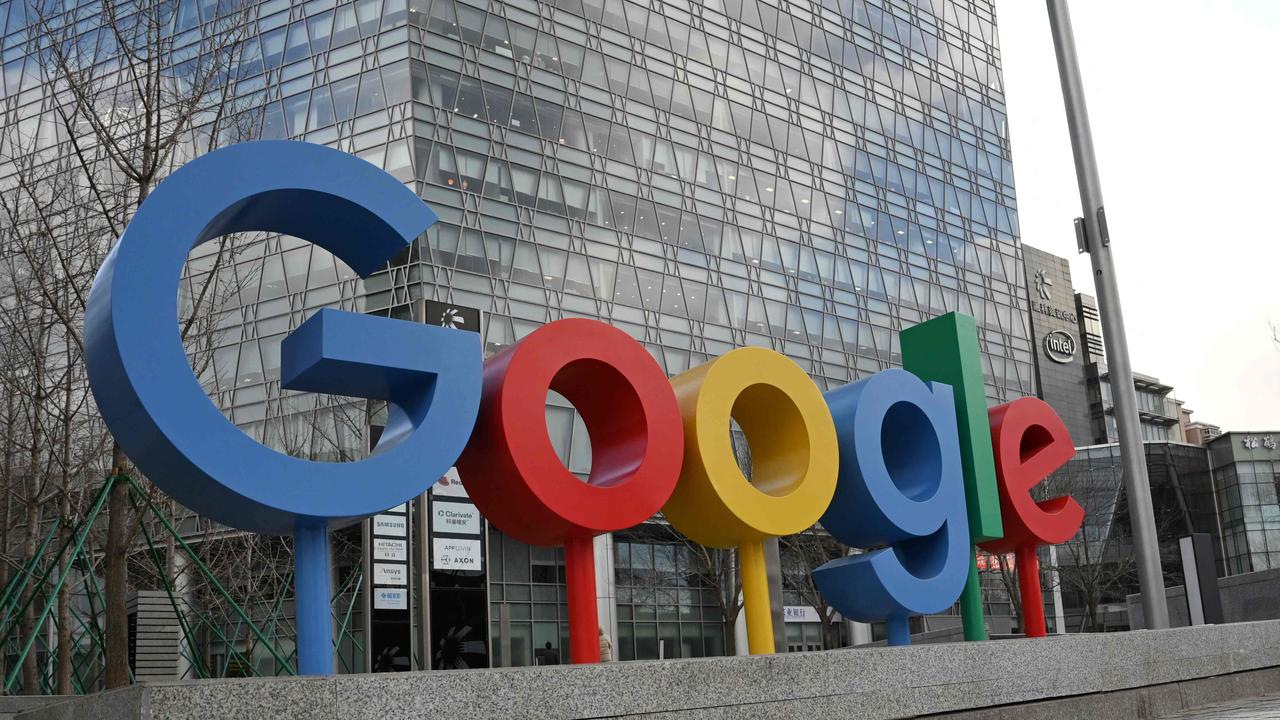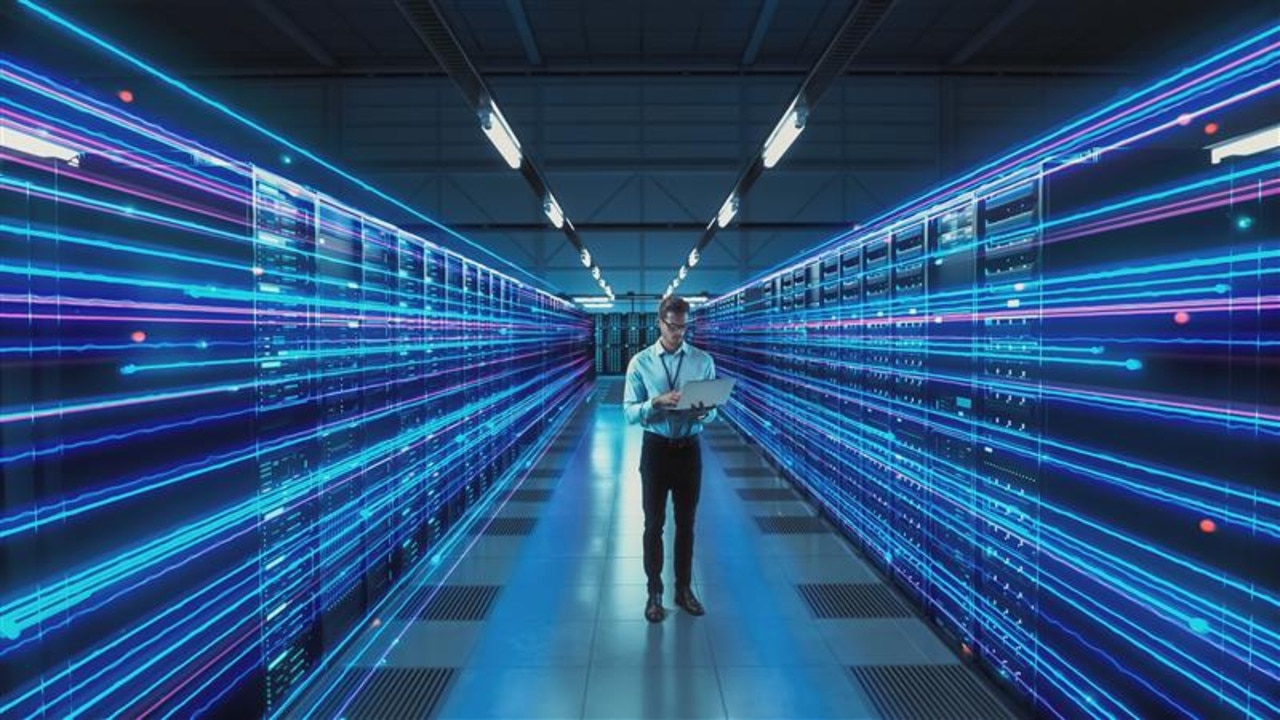Microsoft to spend $5bn ‘turbocharging’ AI and cyber security in Australia
Artificial intelligence is sparking the biggest workplace change in decades – but it comes at a cost, prompting Microsoft to make its single largest investment in Australia.

Microsoft will spend $5bn building nine new data centres in Australia to power the explosion in cloud computing from the rapid uptake of artificial intelligence, while bolstering the nation’s cyber defences.
The investment – Microsoft’s biggest in its 40-year history in Australia – comes as the $US2.43 trillion ($3.85 trillion) tech titan is set to launch its AI copilot for business next week as part of chief executive Satya Nadella’s vow to “fundamentally change the way we work and unlock a new wave of productivity growth”.
Microsoft has already been trialling its AI copilot across a select group of Australian businesses – including NAB, AGL Energy and Suncorp – and announced its $5bn investment with Anthony Albanese in the US overnight on Monday.
Microsoft has also committed to train 300,000 Australians to “succeed in the digital economy”, and will launch a data centre academy in a partnership with TAFE NSW early next year.
Additionally, it will collaborate with the Australian Signals Directorate to strengthen Australia’s cyber defences, following a wave of high-profile assaults on local businesses, including Medibank, Optus and Latitude – and as state-sponsored hackers from Russia, Iran and China escalate attacks.
Microsoft Australia and New Zealand managing director Steve Worrall said the investment would create a “platform to foster growth and innovation in the era of AI” while providing a “safer and more secure digital economy”.
“The infrastructure, skilling and cybersecurity investments and initiatives we announced build on our long-term commitment to Australia but are squarely focused on the future,” he said.
The investment will lift the number of Microsoft’s Australian data centres, spread across Sydney, Melbourne and Canberra, from 20 to 29, and increase its computing capacity by about 250 per cent in the next two years.
Crucially, it will allow Microsoft to meet the growing demand for cloud computing services, which are expected to almost double from $12.2bn to $22.4bn by 2026, according to International Data Corporation.
The rapid uptake in AI – which spans all sectors of the economy from the big banks to $39bn design software giant Canva and architect firms – has come at a cost, which has been hanging over AI platform providers, including Microsoft. The technology uses graphic processing units and operates in the cloud, both of which are expensive to run, while the data centres are costly to build.
AI companies have implemented a range of models to cover costs and ensure the technology is profitable. Microsoft charges businesses a monthly fee of $US30 per user to access copilot, while Adobe has a credit system to access its AI Firefly platform.
But companies that have adopted AI platforms for staff have been happy to pay, giving the productivity benefits it promises. A report from the Tech Council of Australia and Microsoft found that generative AI – if adopted at an accelerated pace – could contribute as much as $115bn a year to Australia’s economy by 2030.
AI copilot allows people to use verbal commands to eliminate time-consuming and menial tasks such as sorting and composing emails, formatting presentations and other documents, including tenders, and summarise meetings.
Business Council chief executive Bran Black said: “We know the use of cloud and AI will be critical to lifting productivity in Australia. This milestone investment from Microsoft into Australia is a game-changer. It will help businesses lift their use of AI and cloud technologies, build the skills Australians will need in future, and secure our nation against cyber threats.
“This investment will help workers and businesses leverage these technologies to stay competitive and deliver the products Australians want.”
Tech Council of Australia chief executive Kate Pounder said “hyperscale” cloud providers like Microsoft were also critical to lowering the barrier to entry for start-ups and act as “incubators for developing talent”.
“(They) allow scale-ups to compete on the global stage and provide the same innovation and security available to the largest companies,” Ms Pounder said.
Microsoft will work with the Australian Signals Directorate to bolster the nation’s cyber defences by developing a MACS, which stands for Microsoft-Australian Signals Directorate Cyber Shield.
ASD director general Rachel Noble said MACS would “turbocharge our collective capacity to protect Australians in cyber space”.







To join the conversation, please log in. Don't have an account? Register
Join the conversation, you are commenting as Logout